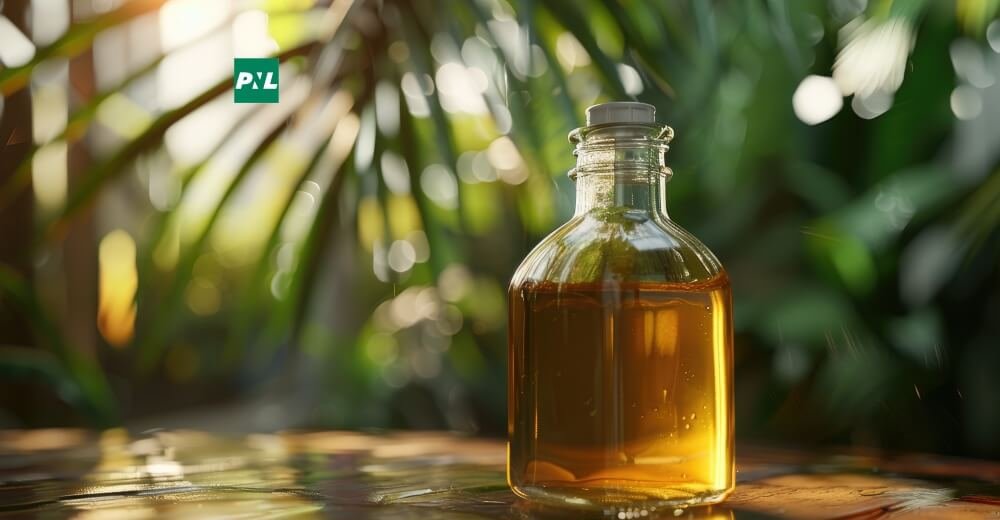From Plantation to Planet
Palm oil is a versatile product that is used in approximately 48% of daily household commodities ranging from food items, cosmetics to being used in the production of biofuels. Even though it is an essential component for the many industries that utilize it because of its applicability and affordable cost, the social impact of its manufacturing is horrific, including deforestation and the destruction of habitats, as well as excessive carbon emissions.
There is the demand from both researchers and firms to try and seek the best replacements for palm oil that may help it decrease its effects adversely and meet the needs for edible and industrial oils all over the globe.
The Environmental Impact of Palm Oil
Indonesian and Malaysian rainforest is severely being eroded in a large extent, which threatens the balance in extinction and climate change as palm oil’s expansion of plantation increases vigorously. See the species that will soon prove extinct- the orangutans, the Sumatran rhinos, and the pygmy elephants that lost their habitats to allow the growth of palm oil. The monoculture of the palm plantation will lead to depletion of nutrients on the soil and also susceptible to pest and diseases which if not controlled will lead to more destruction the natural environment.
Promising Alternatives
Algae Oil: Algae oil has become one of the most promising alternatives as it requires minimal land and water. This oil is produced from microalgae, which can be farmed using industrial CO2 emissions, thereby reducing its carbon footprint. Companies are pioneering algae oil production, which is expected to require up to 99% less water than traditional oil crops. Research continues to enhance the productivity of algae strains for large-scale production.
Coconut oil: Coconut oil is another available alternative for palm oil. It has chemical properties similar to palm oil and is also affordable. Coconut oil grows very fast in tropical regions, but extensive cultivation as a cash crop raises sustainability concerns. Its health benefits are also what make it extensively used in food products; however, potential overproduction might lead to the same issues as those associated with palm oil.
Canola and Sunflower Seed Oils: The commonly used substitutes for palm oil are canola (rapeseed) and sunflower seed oils, which do not contribute much to deforestation. However, they need to use large land and water resources for their cultivation. These oils are usually blended together to have properties similar to those of palm oil. But the longer growth cycle makes them less responsive to the urgent needs of the market.
Microbial Fermentation Oils: Innovative start-ups are using the help of biotechnology to create oils that mimic the properties of palm oil without traditional agriculture:
- C16 Biosciences: Based in New York, this biotech firm uses microbial fermentation to produce lab-grown oils that look to replace palm oil in various applications by 2025.
- Xylome: Utilizing yeast fermentation, Xylome has developed “Yoil,” a solid fat alternative that closely resembles refined palm oil.
- NoPalm Products: This Dutch startup produces upcycled palm oil, which is made from wastes such as potato peels, using fermentation technology.
These microbial solutions reduce the land-intensive crops, besides further giving a boost to a circular economy through waste streams’ utilization.
Heterotrophic Algal Oil: Heterotrophic algal oil is grown from algae like chlorella, but it is very expensive and dependent on sugar to grow, which makes up only a small percentage of global sugar production that can be considered sustainable. Studies are ongoing to make this process more economically viable without sacrificing environmental integrity.
The Role of Synthetic Biology
Synthetic biology offers some novel methods of producing oil-like properties similar to those of palm oil but not from agricultural perspectives. Scientists at the Singapore’s A STAR Institute have developed techniques in lab settings for growing cells in an attempt to eventually make way for producing essential palm oil ingredients without destroying trees and through monoculture plantations.
Challege Ahead
Despite these promising alternatives, challenges remain in scaling these solutions to meet global demand. For example, most alternatives today are still not as cost-effective as palm oil since they have higher production costs associated with more sustainable practices.
There is a need to educate them better on alternatives with good benefits over conventional oil. Such certifications and standards towards sustainable alternative production will help in terms of increasing consumer trust and bringing market acceptability.
Conclusion
The search for sustainable alternatives to palm oil is critical in the face of environmental challenges associated with its production. While some alternatives such as algae oil, coconut oil, microbial fermentation products, and innovative approaches in synthetic biology hold great promise, their large-scale adoption will depend on overcoming economic barriers and enhancing consumer awareness. As companies such as Unilever and Nestlé invest in these alternatives, the future that is more sustainable becomes increasingly viable, one prioritizing ecological integrity alongside consumer needs.



